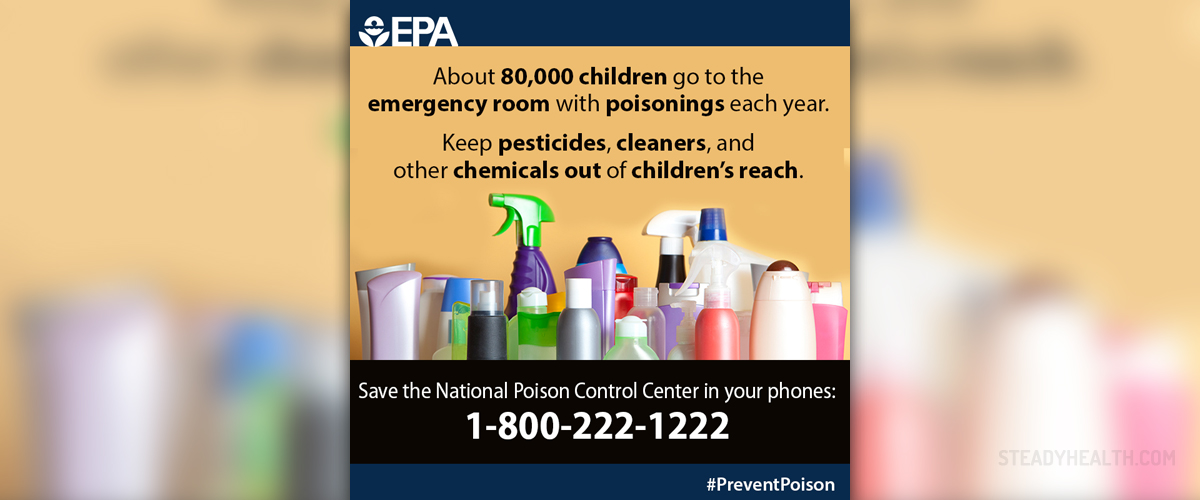
Food poisoning affects all age groups. Still, the symptoms and signs of food poisoning may be more prominent and intensive in children and worry their parents very much. Numerous infective agents and their toxins can cause food poisoning in children. This illness most commonly affects children if they are eating outside food. However, food poisoning may even occur at home when it usually affects all the family members. Unlike in adults children's immune system is not fully developed to fight infections so even food poisoning can cause serious complication.
Food Poisoning Signs and Symptoms in Toddlers
In toddlers symptoms and signs can be quite severe since they have very low tolerance for this type of disease. This can be easily explained by the fact that their digestive system as well as immune system is still undeveloped. In case that a toddler develops abdominal cramps and watery diarrhea after consuming meat the most common cause of poisoning is Escherichia coli. But, there are many more infective agents that can cause both of the previously mentioned symptoms. Typical presentation of food poisoning in toddlers includes vomiting, cramping and diarrhea. Dizziness may occur as well. In severe cases the child may become lethargic. If a toddler additionally develops fever and suffers from headaches there is a chance of fecal contamination of the food.
Signs and Symptoms of Food Poisoning in Children
Signs and symptoms of food poisoning in children basically depend on the infective agent that has led to poisoning.
Campylobacter usually causes mild symptoms such as fever, watery diarrhea and headache. The sources of these bacteria include water, raw poultry and raw milk.
Unlike Campylobacter, Salmonella causes more intensive symptoms and leads to nausea, vomiting, diarrhea, cramps and headache. The poisoning with salmonella can be rather serious and in extreme cases children may even develop dehydration. These bacteria can be found in raw eggs, poultry, seafood and dairy products.
Botulism is a serious infection caused by Clostridium botulinum. The toxins of these bacteria attack the nervous system and lead to general weakness, problems with speaking, swallowing, blurred vision and droopy eyelids. The toxin primary affects muscles of the eyes then moves downwards and if respiratory muscles are affected the child may die. The main sources of these bacteria are canned food, smoked or raw fish etc.
Poisoning caused by Staphylococcus aureus leads to dizziness, nausea and vomiting and abdominal cramps. Staphylococcus may contaminate filled cakes, pies and salads.
Bacillus cereus may cause poisoning related to consumption of rice and starchy foods. It leads to diarrhea and vomiting accompanied by cramps.
Cholera may occur if one is eating undercooked meat or raw seafood contaminated with Vibrio cholera.
And finally, food poisoning with norovirus is exception since this is the only virus that can cause food poisoning. The symptoms of norovirus poisoning include severe and prolonged vomiting.








_f_280x120.jpg)








Your thoughts on this
Loading...